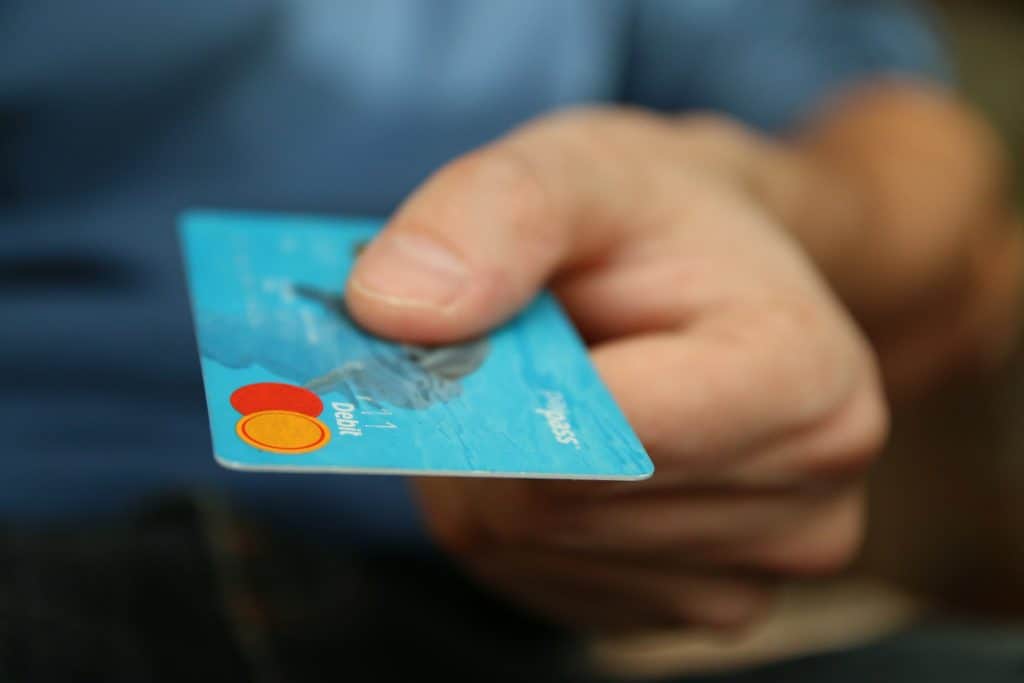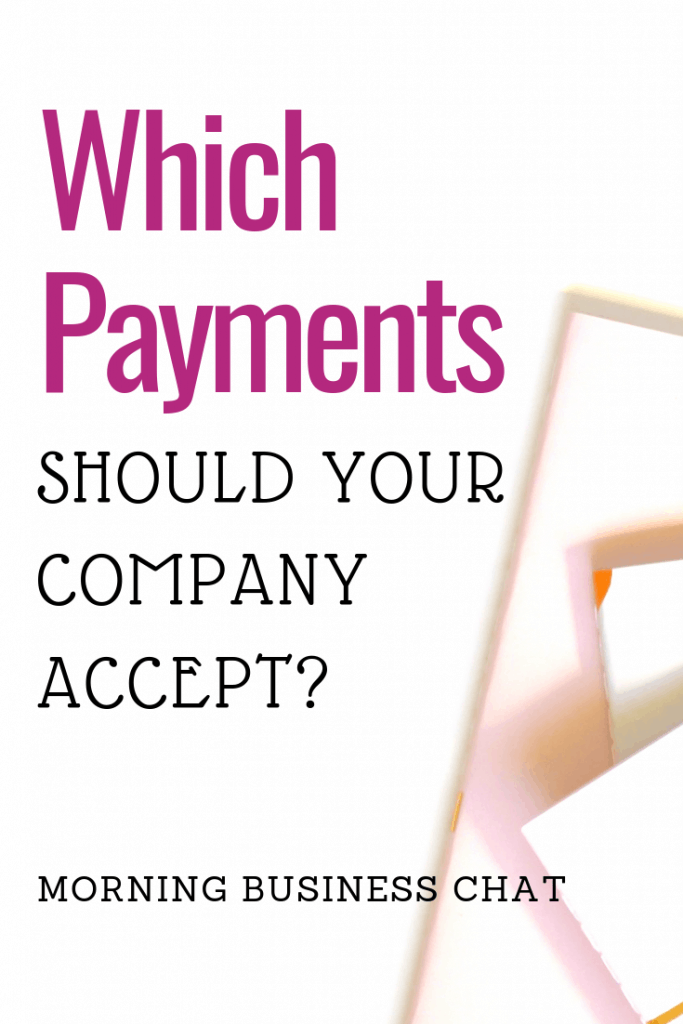Being open to different forms of payment can help you to generate more sales. However, not all forms of payment may be suitable to your type of business and some could result in extra hassle. To help you decide which payment options are best for your business, here are a list of various ways to get paid and the pros and cons of each.
Cash
Cash is the oldest monetary form of payment and is still a popular form of payment today (even if certain countries are taking steps to go cashless). The biggest downfall of cash is that it’s fiddly – it’s easy to miscount and misplace and it needs to be stored securely. Cash does however have the advantage of making it easier to give personal tips, plus you can accept it without internet connection making it a useful backup when experiencing tech failures.
The only time you may want to seriously consider ditching cash is when accepting payments from customers based miles away. Whilst you can send cash in the post, it’s slow and generally involves one party paying extra for postage, making it largely inconvenient.
Debit card
In this day and age, every business should be accepting debit cards. Now that most debit cards are contactless, small transactions can be quicker than handling cash. Payments automatically go through to your account and there are minimal charges placed on the seller.
Portable debit card readers have made it possible for even taxi drivers and market vendors to accept card payments. Meanwhile, debit cards are the main form of payment when paying online, with payment gateways making the process easy.

Credit card
There are a lot of reasons to also accept credit card payments. Unlike debit cards, credit cards allow buyers to borrow money that it isn’t in their checking account. If you deal with large purchases, it can therefore be sensible to accept credit card, as it could encourage more buyers to commit that may not have the funds to pay by debit card. On top of this credit cards are very secure, even serving as a form of insurance by allowing buyers to make refunds on purchases that go wrong.
Credit cards do unfortunately carry more of a charge to the seller than debit cards. If you mainly sell small value items, you may feel that it costs you money (although you can always set a spending limit). You’ll need to set up a merchant account and will need to use a card reader/payment gateway that accepts credit card.
Mobile payments
It’s also now possible to pay via your mobile phone. Mobile payments are becoming more popular and if you largely cater to a younger client base, you may find that it’s worthwhile investing in a card reader that also accepts mobile payments. Mobile payments are also very secure.

Check
Checks are still in use today, although they’re definitely not as popular. It’s largely older people that still use them – usually as a more secure alternative to sending cash in case it gets lost on delivery.
If your client base is older, you may see the benefit of accepting check, but otherwise it’s largely slow and unreliable. Sometimes checks can bounce if the person issuing them doesn’t have enough money in their checking account as they’re being cashed in. They also require you to travel to a bank – some banks have found ways around this, but many banks still require to cash checks in person.
Bank transfer
For long distance transactions, bank transfers can be the best option. It allows an instant transfer of money and doesn’t require you setting up a payment gateway. It’s definitely not as well suited to small in-person purchases (no coffee bar is going to accept bank transfers), however for long distance single payments and prescriptions it can be worthwhile.
Coupons, loyalty points & gift cards
There are a number of personalized payment options such as coupons, loyalty points and gift cards that can also be worth looking into. These can make bookkeeping a little more complex, but in many cases, they can encourage more sales. For instance, loyalty points can encourage return customers whilst gift cards can sometimes never be redeemed, sometimes allowing you to make money for practically doing nothing.

- This post has been written by an outside source – See Disclosure Policy


